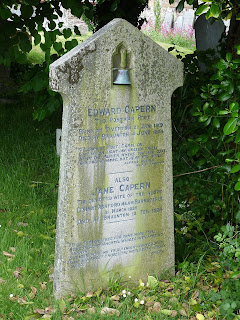This piece of Flash Fiction emerged from the ruins of a failed poem on a similar subject: a paean to the animalistic power of the sea and the almost-ecstasy of almost letting go.
SWIMMER
They’ve been walking for over an hour and the heat has become oppressive. Patrick leads the way, as always, Jill and Roger at his heels while she, grown bored and weary, begins to fall behind. The group make their way round Bordeaux bay and follow the footpath along a stretch of water between the coast and the small outcrop of Houmet Paradis, enjoying the view of Herm and the smaller islands in the distance. She pauses, seduced by the notion of cool water on her skin. The others have gone ahead but, recklessly, she finds herself drawn to the water and, within moments, she’s removed her boots and socks, then shed her top and hiking-shorts and, dressed only in bra and knickers, begun to wade in. The temperature is shocking at first but moments after she’s dived it’s become tolerable and the sensation invigorates her. She breast-strokes out from the rocky shore and feels shock as the current captures her. She attempts to turn back but finds her rudimentary swimming strokes inadequate. The waves, moving ceaselessly, envelop her: ice cold, it numbs then swallows her effortlessly. It draws her down and she succumbs. To struggle would be futile so she surrenders to the undertow which drags her deep through mists of seaweed that sway and swirl about her like her own dark hair. Eyes wide open, she pays no heed to the bead-bright, sea-bed stones that loom like mountains beneath her. The pressure on her lungs intensifies and she becomes aware that she is drowning. No past-life flashes before her, however: rather, an awareness of a future life that now will not be lived. She kicks out wildly, outraged at the thought of it and suddenly her head bursts through the water’s surface and she’s breathing fresh, sweet air. The sky, blue beyond imagination, seems immense. A wave carries her to shore. As she struggles over gravel, she’s aware that some numinous force, present there below, had taken possession of her, assessed her, then let her go.






